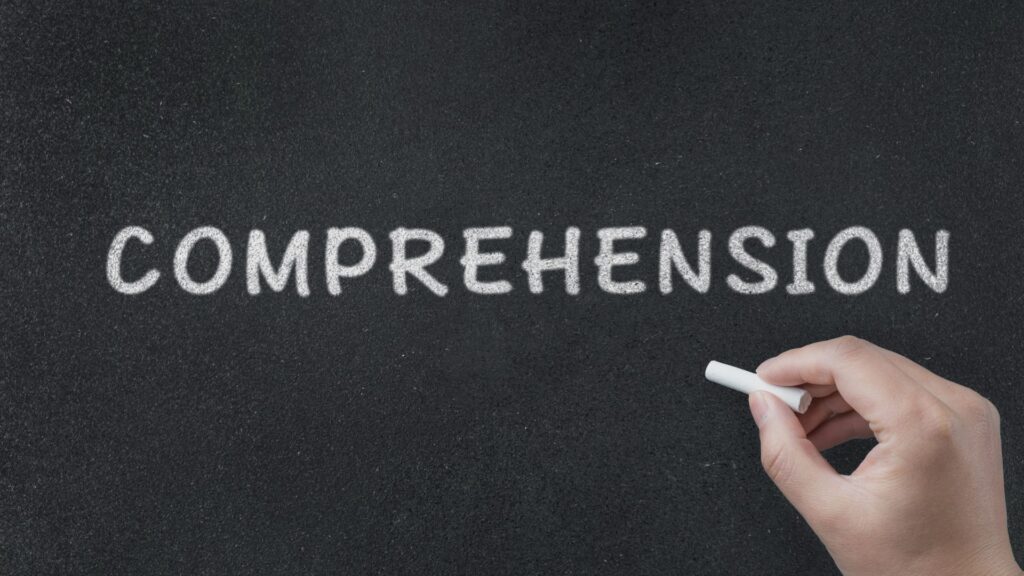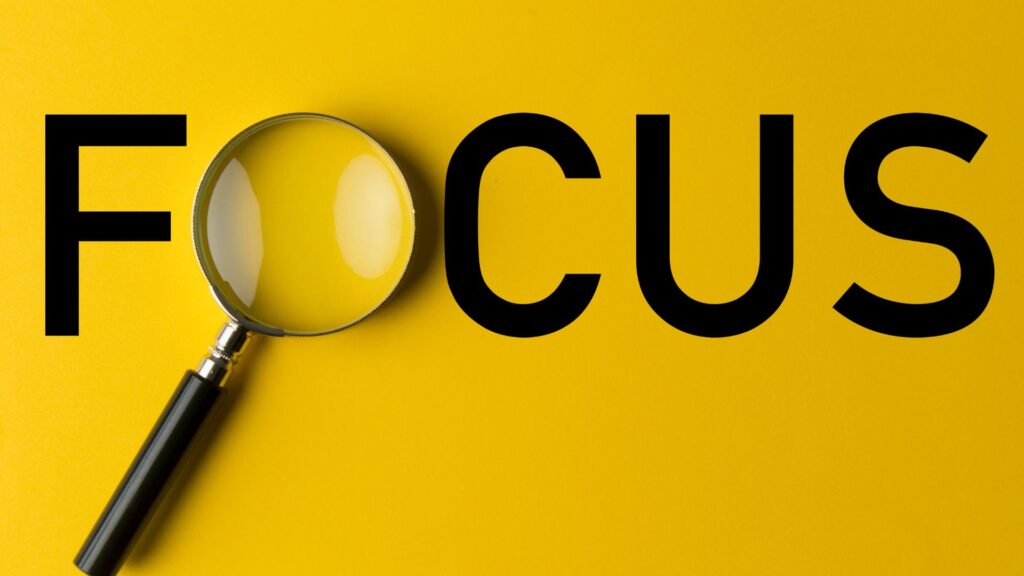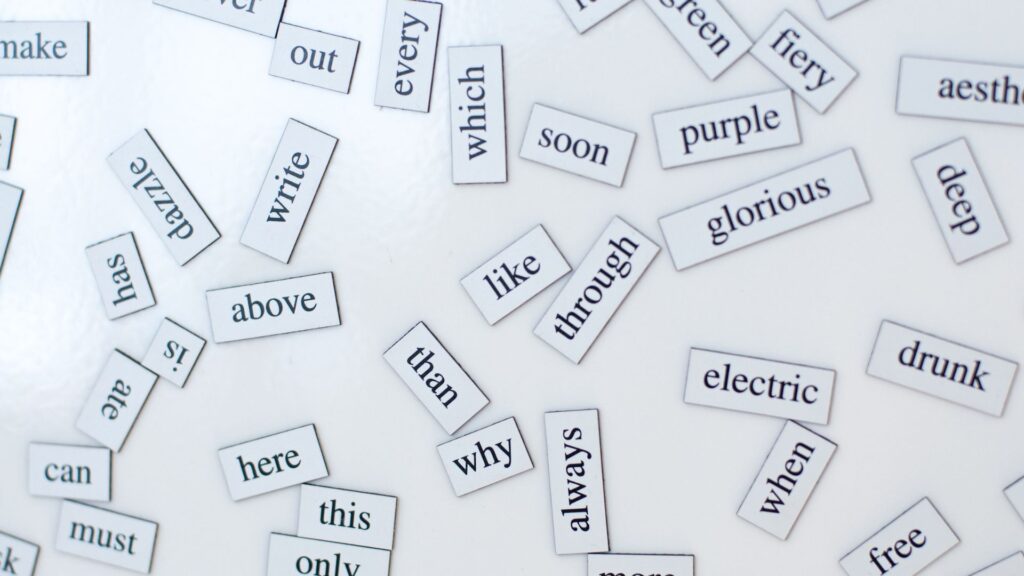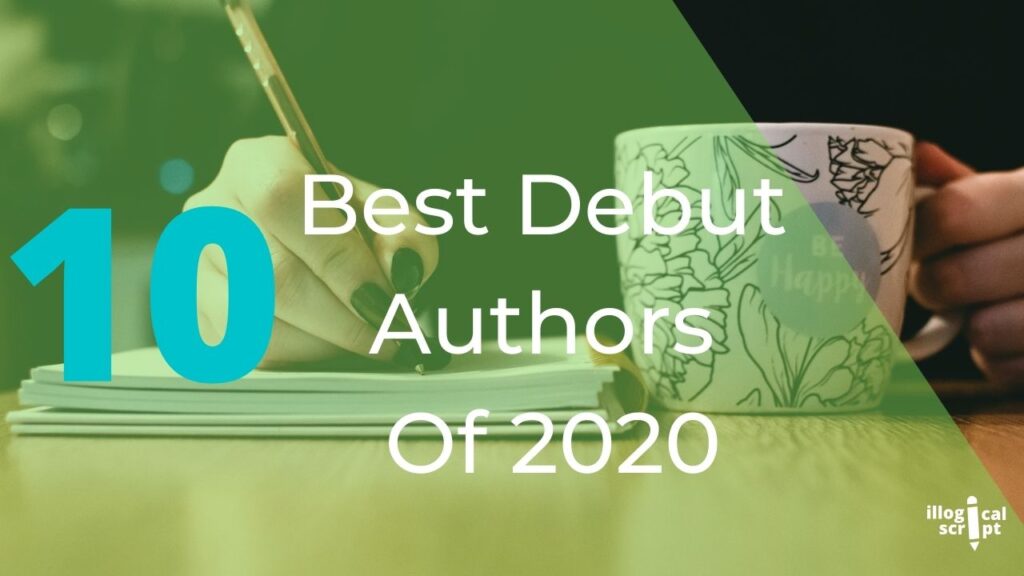Have you heard about ADHD (Attention deficit hyperactivity disorder)? Have you ever wondered how people with such challenges manage to enjoy books? Through audiobooks! This article will discuss “Are audiobooks good for ADHD?”
Even if you have ADHD, no two diagnoses are alike, and no two people have the same symptoms or reading habits. Some people may have trouble focusing and reading, while others may be hyperactive and unable to sit still, depending on the kind and degree of ADHD. This condition is prominent mainly among children, but one can develop ADHD in adulthood as well.
Audiobooks are good for ADHD. Since audiobooks offer a stimulating, hands-free substitute to print books, people with ADHD frequently benefit from them. While not being forced to sit down and read, they can still get their reading done and satisfy their thirst for new knowledge, concepts, and stories. For someone with ADHD, listening to audiobooks can be freeing.
I won’t say that I have experienced it, but I can say for sure that I have observed ADHD and similar mental disorders up close, so all the points below are based on my personal understanding and observations. Scroll on and keep on reading to know more!
Advantages of Audiobooks for People With ADHD
1. Read Without Getting Distracted

If you’re reading this, it is to be assumed that you know the complications that come with ADHD. One of the biggest problems is needing to be able to focus and getting distracted easily. When the mind is in such a state as to get off the track so quickly, it is obvious it cause difficulty in reading.
Using audiobooks instead of physical hard copies is an effective way of solving this issue. Imagine having a voice reading out in your earphones/headphones. It will be hard to ignore or get distracted from that. Even if one’s mind wanders for a moment or two, that audio will effectively bring it back.
2. Useful Reference for Comprehending Academic Ideas

Difficulty in focusing and reading means an equal difficulty in studying and understanding concepts. Thankfully, audiobooks also help with that as audiobooks are available for conceptual and textbooks. People with ADHD or other struggling readers can avail of those instead of the paperbacks as listening will help one retain better than reading.
Also, listening to conceptual explanations instead of studying them will help them understand the concepts in a better and less struggling way.
3. Learn How to Pronounce Complex Languages with Ease and Correctly

Learning a new language as complex as English can be difficult, especially if you’re struggling with something like ADHD, which automatically makes learning even the simplest things so complex.
Trying to cram away a few books would be no help in such a case. Instead, if the person went for audiobooks instead of physical ones, it would simplify things on a whole new level. It shouldn’t make you a linguistic expert overnight, but it would break down things and be easier for the brain to grasp.
4. Aids Kids in Comprehending Narrative Structure

If you’re aware enough of the concept of ADHD and the complications that go with it, you might also know that though adults also suffer from this, it is more prevalent in kids under the age of 18. Comprehension skills need to be developed from a very young age, or as time passes and the mind grows rigid, attaining this skill becomes more challenging.
But if a child develops ADHD at a young age, it will be difficult for them to hone this skill. This is where audiobooks come to the rescue, as they can help a person file their comprehension skills. However, they might not be as effective as the traditional method of reading and analyzing, but they are enough to get the job done.
5. Build Focus

Focussing or sitting in the same position while trying to focus is a tough cookie when you have ADHD. But having a decent bandwidth of concentration is a must in the competitive circle we live in. Audiobooks can increase one’s capacity to focus for a lasting period of time if used regularly.
As mentioned above, audiobooks bring the wandering mind back on track, and once this happens, one’s attention span will automatically increase.
6. Boosts Visualization and Imagination

This one is effective for brains without ADHD as well. When we listen to a tale, our brains may be able to produce more imagery related to it. As we read, our brain’s visual processing centers are occupied with digesting the written word, leaving less space for visuals.
However, when listening, the images nearly appear on their own. When learning to read, readers with ADHD naturally focus on processing the words and may not be able to give their full attention to the story they are reading. Listening can help them keep their imagination and visualization ‘alive.’
7. Hone Speaking Skills

A graded audiobook gives people with ADHD (and others) a chance to hear how words are pronounced and used in context, which helps them develop their spoken English abilities. All the benefits and strategies of extensive reading are applicable here: students can pick a narrative to listen to at a level of difficulty that suits them.
There is solid proof that attentive listening produces effective outcomes. This is needed, especially by children with ADHD. Children develop their speaking abilities through hearing language and grammar that is more complex.
8. Opportunity to Read Hard Texts

You might have heard about the books titled ‘Moby Dick’ by Herman Melvilleor and perhaps ‘Never Let me Go’ by Kazuo Ishiguro (my favorite book of all time). It could be any other fantastic book that is hard to read.
Now, even for an avid reader like me, these books took quite a toll on my brain, so if you’re struggling with a problem such as ADHD that doesn’t let your mind concentrate for long, these books might become unreadable. But thankfully, that won’t happen as long as audiobooks are there.
It might take time, but people with ADHD can also enjoy these books and boast about them in front of people because not many people can read them!
9. Boost Your Oral Vocabulary

The key to expanding your vocabulary is exposure. For kids to easily hear new terms used in context, turn to audiobooks. When engrossed in a good story, one could be surprised at how quickly one can understand the meaning of even complicated phrases.
Students can hear the precise letter sounds and word-forming letter patterns through audiobooks. In addition to increasing vocabulary, understanding, and critical thinking abilities, audiobooks encourage student interaction with the material and expose them to a wider variety of terms.
10. Generate a Feeling of Confidence

Audiobooks help people with ADHD to read without getting distracted. It develops comprehension skills, helps one learn and practice a complex language, academic aid growth, builds focus, boosts imagination, hones communication skills, helps read complex texts, and boosts vocabulary and critical thinking.
These skills and assets in a person with ADHD are enough to build self-confidence and make that person socially less awkward. So, let’s read the points mentioned above.
11. Brings Joy

Books bring joy; you can’t come out once you dive in. It doesn’t matter if you have ADHD or any challenge that prevents you from reading or focusing on a book.
Once you’ve figured out a way to devour it, it will bring you joy and ecstasy. Audiobooks bring joy to people with ADHD because they excite and mend them in multiple ways (all points mentioned above).
Conclusion| Are Audiobooks Good for ADHD
Like everyone else, those with attention deficit hyperactivity disorder (ADHD) adore reading. This is not surprising, given their desire for new information, concepts, and stories. However, they cannot read as much as they would like due to a lack of time, energy, and focus. But occasionally, kids struggle to comprehend the contents and the plot.
Do all these advantages listed above make audiobooks more and more appealing? Audiobooks can be a fantastic helpful technology for struggling alternative learners, even though they should only partially replace traditional reading practices.
Also, do explore more from us:




